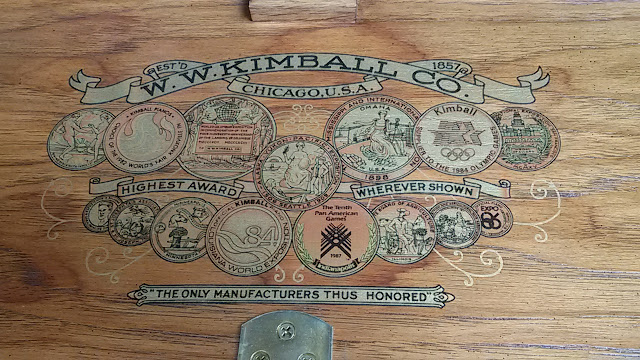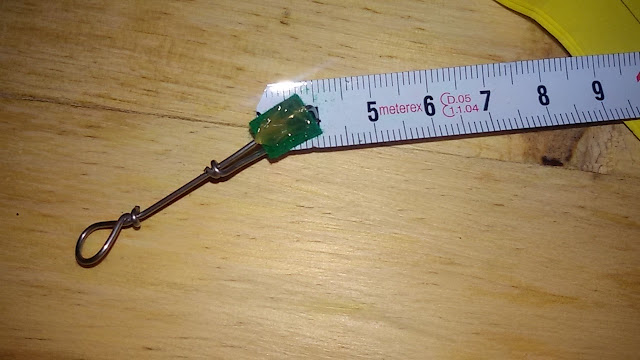It's been a super exciting few days, and this week is shaping up to be a lot of fun.
We started out tuning at a church in Kicukiro, near Nyanza Genocide Memorial, on Friday. It's a Korean-run church called Glory Bible Mission in Africa, with a US-made Kimball piano.
We'll go back in a couple of weeks as it hasn't been serviced in a very long time and needs a second pass.
Rain stopped play at one point. We had to take an hour's break as the weather broke. We haven't had rain in about three months and a massive thunderstorm rolled in. The sound of the downpour against the tin roof made it impossible to hear the strings, but we were all grateful for the cool breeze.
The pastor's wife teaches piano and we headed over to one of her student's houses afterwards to look at a 1969 Japanese Kawai. The idea was to check it over and schedule a tuning, but on closer inspection, a couple of the bridle straps had gone and one of the hammers was entirely broken - so we kidnapped the action.
It's not easy untangling a Kawai action. Instead of solid wooden pedal poles, it's linked together with thick rubber tubing. Took a little bit of figuring out.
You can see the removed action at the top of this post. Désiré came to cart it off to the workshop this morning. He's working on repairing the hammer whilst Marion is dashing about town trying to find cotton braiding. We've ordered some standard bridle straps online but, as ever, we're keen to see what we can source locally. Bridle straps aren't exactly complicated - just braided cotton with a leather tab - but braided cotton is not something you can find in Kigali. We'll keep searching, but Plan B is in the post, thanks to eBay.
 |
| 5mm Bridle Strap |
We're excited because this is our first proper repair job, and it'll be a challenge for Désiré to see how he gets on with fixing the hammer.
We're off to Chillington tomorrow to take a look at our string frame, which has taken a little longer than anticipated, but should be ready for collection on Friday.
We then need to pop the original frame back into Lirika so that we can take the string measurements with Hellerbass's swanky tape measure. Then we can order our strings and a set of tuning pins. At this point, it's worth mentioning how incredibly patient Hellerbass have been with us, fielding all sorts of newbie questions. If you ever need to buy piano strings - one or many - look them up.
We're also shopping for tuning pin bushings, which we're likely to purchase from Howard Piano Industries as Steve Howard is someone else who has been extremely patient with our questions. We need two full sets, as Lirika's were pulled out when she was used to create the casting mould. It might be something we can make ourselves one day, but they're so small, fiddly and cheap, it's best just to order them for now.
But all these purchases really feel like progress and we're excited to start building our prototype very soon.



















